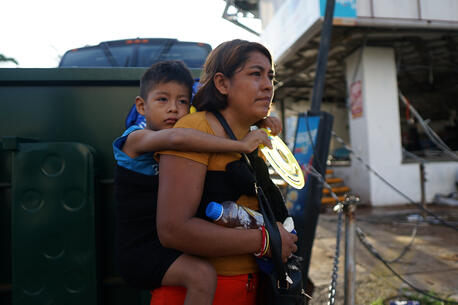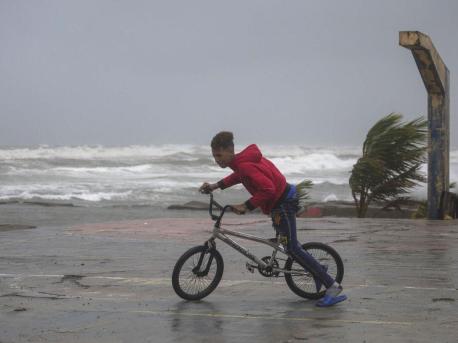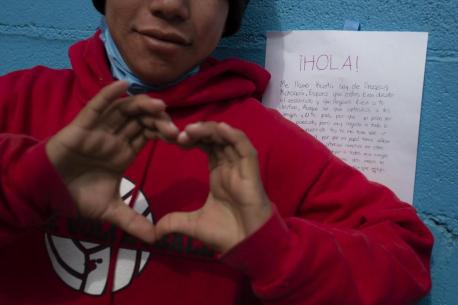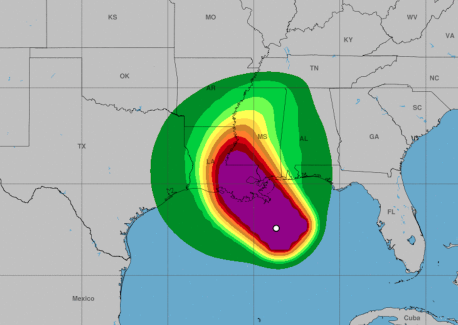
UNICEF Delivers Relief After Hurricane Otis Slams Mexico
In collaboration with state and federal authorities, UNICEF is providing humanitarian assistance and protection to children and adolescents in areas of Mexico's Guerrero state devastated by Hurricane Otis. You can help.
300,000 children in southwestern Guerrero state in need of emergency assistance
An estimated 1 million people — including nearly 300,000 children — are in need of emergency assistance after Hurricane Otis made landfall on Oct. 25 in southwest Mexico, killing at least 27 people and destroying thousands of homes, schools, hospitals and workplaces.
UNICEF is on the ground working in coordination with local authorities to provide immediate relief and to assess short-, medium- and long-term needs for affected communities in five municipalities. Acapulco was among the hardest hit areas.
In these kinds of emergency situations, UNICEF warns, children and adolescents may face a lack of adequate nutrition, limited access to safe drinking water and higher risks of diseases related to water stagnation and dehydration, as well as reduced medical care.
After a hurricane or other natural disaster strikes, children can also face higher risks of physical and emotional harm due to a possible increase in violence and crime. Storm damage to homes and critical infrastructure such as hospitals and schools only adds to these risks.
UNICEF is delivering safe water and sanitation, psychosocial support and protection to children in Mexico affected by Hurricane Otis
Priorities for UNICEF's hurricane response include:
- delivering safe water and sanitation kits
- providing displaced children and youth safe spaces to gather, learn, play and receive psychosocial support — many schools have closed in the wake of the storm, disrupting education for almost 178,000 students
- preventing violence against children and adolescents
- training frontline staff to protect young people from exploitation and abuse
- providing supplies and technical support as needed to health-care workers to keep essential services going
UNICEF responds to an average of 300 natural disasters and other emergencies around the world every year. Help UNICEF reach more children and families who need help. Donate today.
HOW TO HELP
There are many ways to make a difference
War, famine, poverty, natural disasters — threats to the world's children keep coming. But UNICEF won't stop working to keep children healthy and safe.
UNICEF works in over 190 countries and territories — more places than any other children's organization. UNICEF has the world's largest humanitarian warehouse and, when disaster strikes, can get supplies almost anywhere within 72 hours. Constantly innovating, always advocating for a better world for children, UNICEF works to ensure that every child can grow up healthy, educated, protected and respected.
Would you like to help give all children the opportunity to reach their full potential? There are many ways to get involved.





